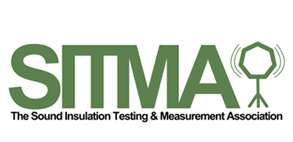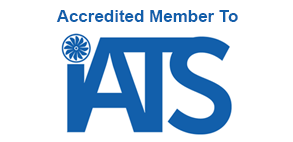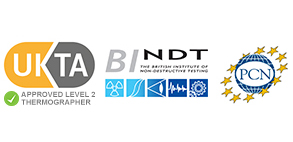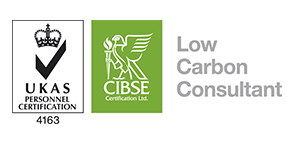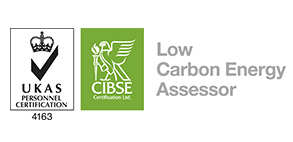Offices Nationwide

Sound Privacy
Privacy describes the perceived sound reduction across a wall. Privacy is a function of both sound insulation and background noise. Background noise is made up of services noise and environmental noise sources breaking in through the facade or open windows, vents etc.
If the background noise within a room is increased by 5 to 10 dB, the perceived level of privacy across a partition is also increased by 5 to 10 dB. Therefore, when looking at required sound insulation levels on-site, it is important to consider both the background noise in the receiver room and the sound insulation across the partition.



Environmental Noise Levels
According to the National Institute for Occupational Safety and Health, the maximum exposure time at 85 dBA is eight hours.
At 110 dBA, the maximum exposure time is one minute and 29 seconds. If you must be exposed to noise, it is recommended that you limit the exposure time and/or wear hearing protection.
A three dBA increase doubles the amount of noise, and halves the recommended amount of exposure time.



Sound Absorption
The loss of sound energy when sound waves come into contact with an absorbent material such as ceilings, walls, floors and other objects.



How loud is too loud?
Continued exposure to noise above 85 dBA (adjusted decibels) over time will cause hearing loss. The volume (dBA) and the length of exposure to the sound will tell you how harmful the noise is.
In general, the louder the noise, the less time required before hearing loss will occur.


Copyright 2025 E2 Specialist Consultants Limited
Company No. 06728970


























